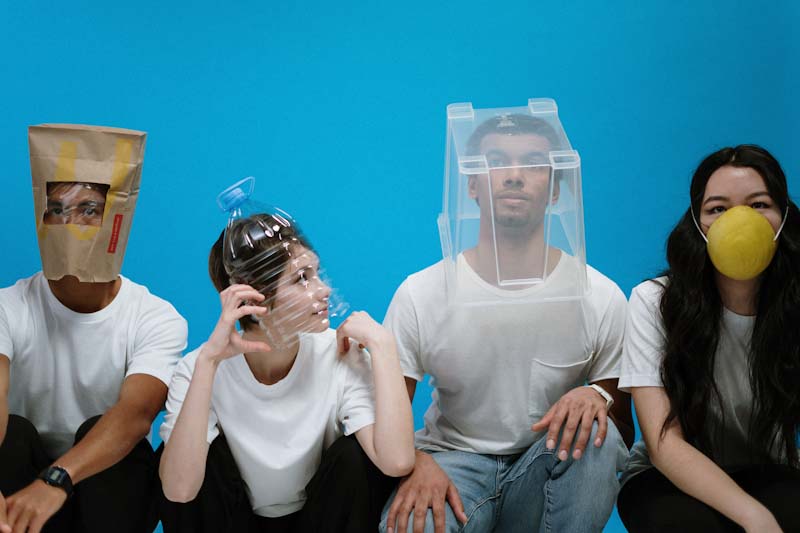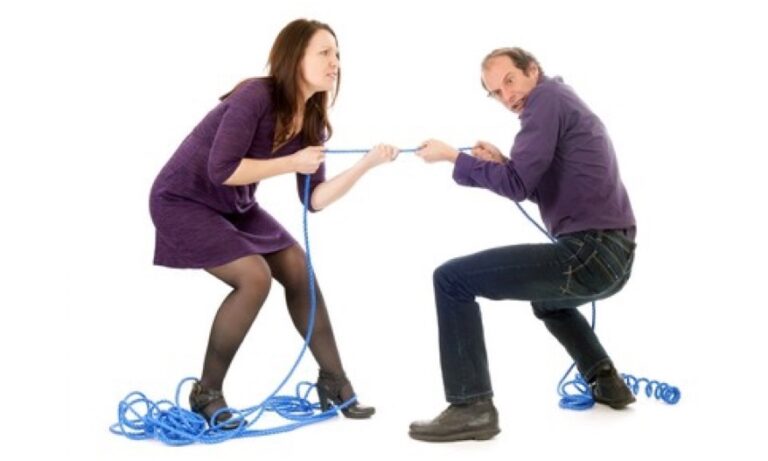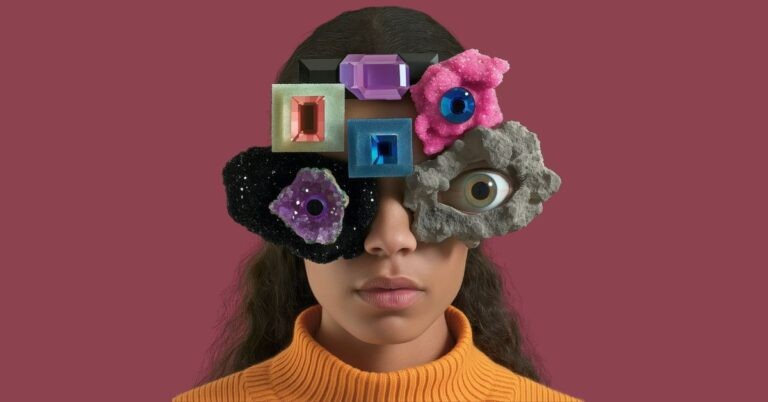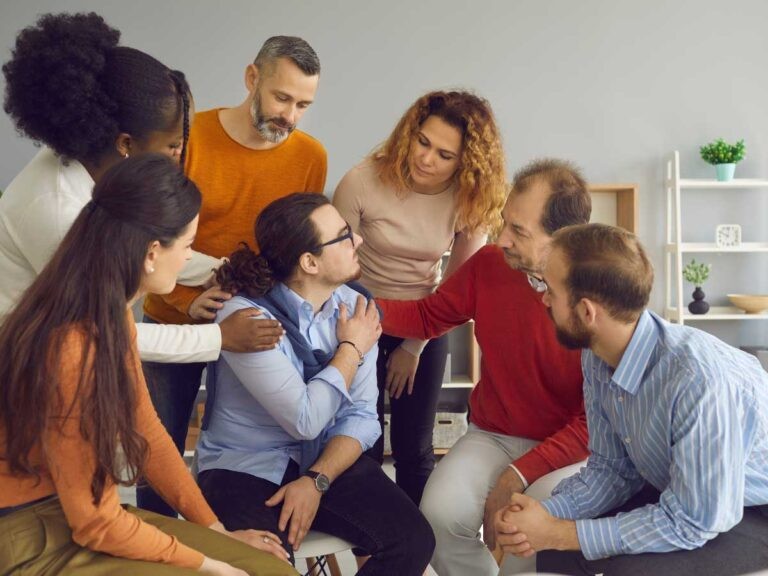
When discussing our overall sense of security, many people think about war, muggings, theft, or getting into fights, which are indeed legitimate concerns in life. However, before addressing these larger issues, I want to focus on a deeper and perhaps more accessible concern that is often overlooked but has the potential to change the world as we know it. To illustrate this point, let’s compare two different cities: London and Barcelona.
In London, despite being one of the largest and most advanced cities in the world, women frequently express feelings of unsafety, insecurity, and unhappiness. Of course, men can also experience these same feelings, but for the purposes of this example, let’s focus on women.
This sense of unsafety often goes unnoticed by men, as they are often the ones who contribute to this feeling through seemingly simple actions such as staring at women, particularly younger and more attractive ones. In many cases, this staring is a result of an old psychological and biological imperative to procreate, which most men will never act upon, but some might. From a woman’s perspective, they constantly face the unwanted attention of men they find repulsive, threatening, and whom they simply do not wish to engage with.
This attention comes in various forms such as staring, talking, touching, whistling, and following them, which can be terrifying for most women. The worst possible outcome for a woman is to be raped, with 1 https://www.rainn.org/statistics/victims-sexual-violencein 6 women in the US reporting being victims of rape and 94% of these women experiencing long-term post-traumatic stress disorder (PTSD) symptoms.
Again, I am focusing solely on women here because most men never experience being on the other side of the stick and they have a self-centered perspective, magnified by their illusion of grandeur, since most men are physically more imposing and historically have had more control in our patriarchal society today. They may try to justify their actions with excuses such as “it’s the woman’s fault,” “staring isn’t a crime,” or “if it were me, I would welcome this attention.” These excuses are absurd.
While it is true that some women may seek attention, they desire the right kind of attention from people they actually want to engage with. Women also contribute to negative stereotypes themselves, such as using sex to sell. However, even if 90% of men do nothing or simply stare, the remaining 10% may take things further, giving a bad image to all men, including the righteous ones.
In this way, it is not enough to simply not be bad. Men need to actively protect women from social injustices whenever they occur, in any way possible. Furthermore, governments should promote initiatives to protect women in every way possible, addressing this issue comprehensively.
A great example of a women’s protection movement can be found in Sweden, a country with one of the highest reported rape statistics in the world. This statistic may be misleading, not because more rapes occur in Sweden, but because they categorize more instances as rape, such as inappropriate staring being enough to generate a police report and potentially lead to criminal charges.
Here we are discussing the well-being of 50% of the population, our mothers, sisters, daughters, friends, coworkers, and lovers, whereas by repressing women, men are ultimately repressing themselves. When women close themselves off, men are left craving attention and resorting to prostitution or pornography to fulfill their biological and psychological needs. This can escalate to inappropriate behavior, such as touching or even raping women. All of this could be avoided if women felt more secure in their environment and if men proactively stood up for women and protected them from harm, whether conscious or subconscious.
To this extent, in places like Barcelona, women generally feel safer than in London (although not completely safe). They are able to go out more, participate in more activities, dress the way they want, and feel safe returning home at any time of day or night, whether walking or using public transportation. This contributes to better interactions with men and stimulates the economy through increased shopping. Overall, when women are happy, men are happier, and society as a whole becomes a better place to live for everyone. Of course, women are not the only subgroup that faces repression, as we should also address the needs of LGBTQ community and other minorities.
Building on this security stereotype, men are not doing themselves any favors by promoting social division and repressing women. Whether it is in terms of security (e.g., staring), careers (e.g., lower wages or work discrimination), politics (e.g., lower representation), or economics (e.g., fewer women in high corporate positions), men need to recognize the importance of promoting equality. It is well-documented that businesses and countries run by women tend to perform better, as women address overlooked issues such as discrimination, sustainability, beauty, and care for human life.
Given these facts, it is my personal recommendation that we promote security for women on both political and individual levels. Governments should promote initiatives for equality, safety, and representation, while men should actively support women in positions of power. By doing so, both men and women will benefit from better lives.
Similarly, we need to discuss social security in general. A safer environment benefits everyone, and while we cannot protect ourselves entirely from others, we still need to invest in safety organizations like the police and army to ensure people feel safe and can enjoy their lives.
Lastly, we can feel happy regardless of who we are, where we are from, or what our life circumstances are. This is the promise of Optimal Happiness. If you are interested in cultivating more happiness in your life, contact us for a free 30-minute call with one of our happiness experts.















